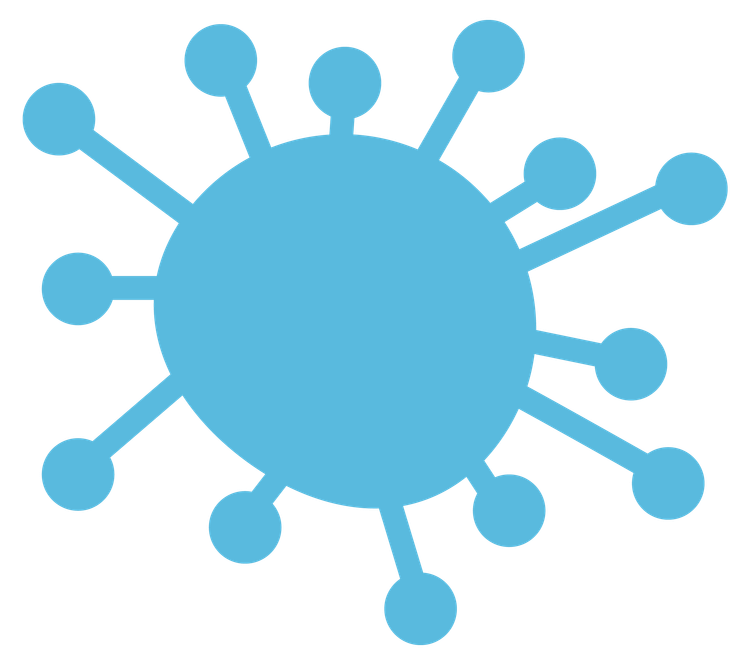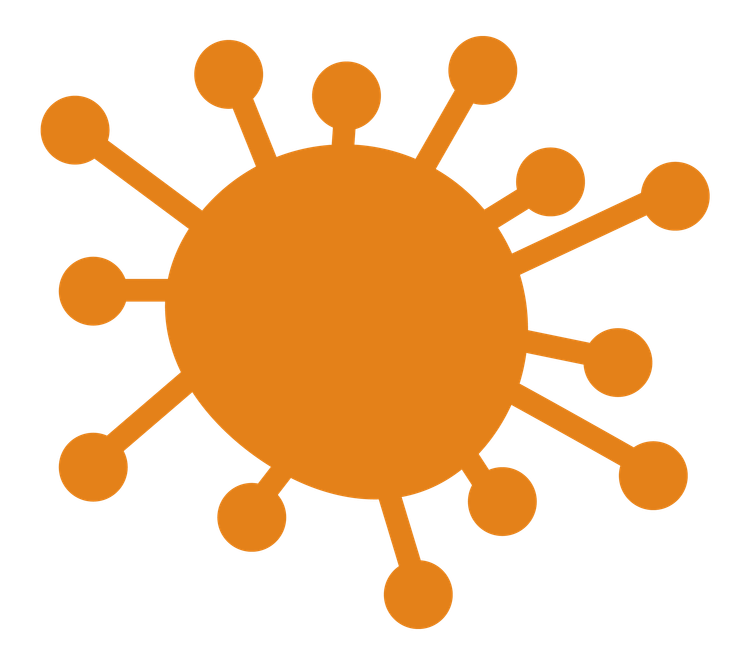
What is this quarantine? And how do you pronounce that?
Quarantine is pronounced as kwo-run-teen. It means that one person should stay away from everyone else in order to not infect them. When you hear the news about quarantine, it is about the places that are being sealed off due to the spread of the coronavirus. There is also a lot of talk about "self-isolation." This is to be done by anyone who has recently been to one of the quarantined locations, tested positive for the virus, or anyone who feels sick and is unsure if they carry the virus or not.
What is still open? Where can I still go?
Please, stay at home! Of course, it is tough, but the better everyone follows these new rules, the faster everyone can get out. Only people who have jobs that cannot be done at home and those who have to take care of other people are allowed to go complete those tasks. Grocery shopping is still possible. Or for example, if you must go to the pharmacy or to the doctor, you are allowed to go. Unfortunately, at the moment, you can not go to the playground or meet up with friends. You could write to us with what you are doing to pass the time! innenpolitik@derstandard.at

Everything is closing down: Schools too?
Oh yes. There are childcare services available for key workers – including medics, police or food distribution staff. There are no in-school lessons until further notice. There are still going to be free school meals or food vouchers, if you are registered. Your parents will receive more information from your local school.
In the media, they talk about the increasing number of coronavirus cases, there is always talk of "exponential growth"-Expo-what?
You have no idea what this means? Don’t worry, neither do many adults. We do not want to pretend that we are math geniuses who can explain this quickly. Let’s ask someone who really knows, Felix Stadler, for example. He is a math teacher at a new middle school and says, "We most often think that the same part is added with consistent time when speaking about growth, so ten euros more pocket money every year." That would be linear growth, but things can also grow differently. "With exponential growth, you don’t add, you multiply. So your pocket money multiplies every year."

An example would help, wouldn’t it?
Math teacher Stadler creates a new TikTok account with you. Then he calculates, "On the first day, your two best friends will follow you. If two new friends follow you the next day, then you already have four followers. On the third day, you have two new followers and are at six." After a month, that would be 60 followers, this is an example of linear growth. So far, so good, but what if your followers start to grow exponentially. Then you start with two followers on the first day, the next day you have four, the third day eight, then 16, and so on. You always multiply by two, so if you calculate it exponentially, you will come to 2,147,483,648 followers after a month. "Exponential growth would be cool for TikTok followers, but not for an illness," Stadler says.
Does the number of infections just continue to grow and never stop?
In theory, yes. The number can grow infinitely. To reassure you, this won’t happen with the coronavirus. At some point, fewer people will become infected. This can be caused by almost everyone having the virus, or by how we are fighting it right now: the increase can be stopped earlier because we can no longer go out and go to school, the playground, restaurants, so the virus cannot further spread. So, please stay at home! (Peter Mayr, Karin Riss, Translation: Emily York, 2020-03-25)